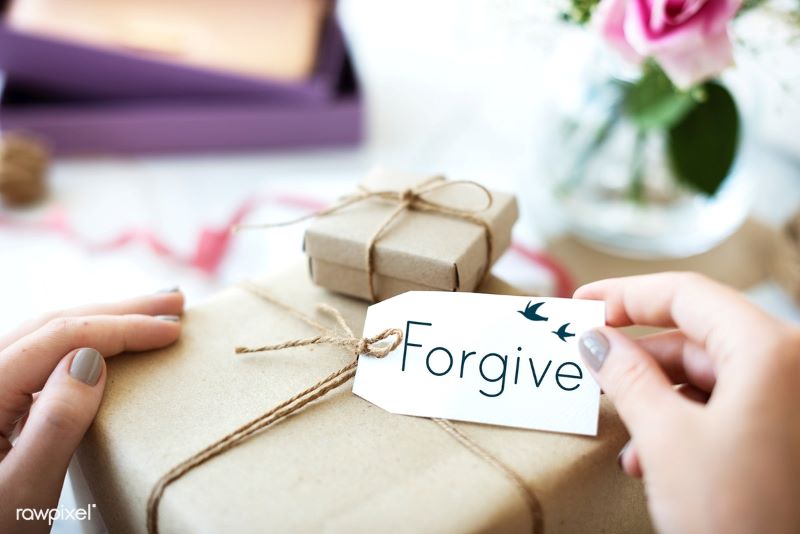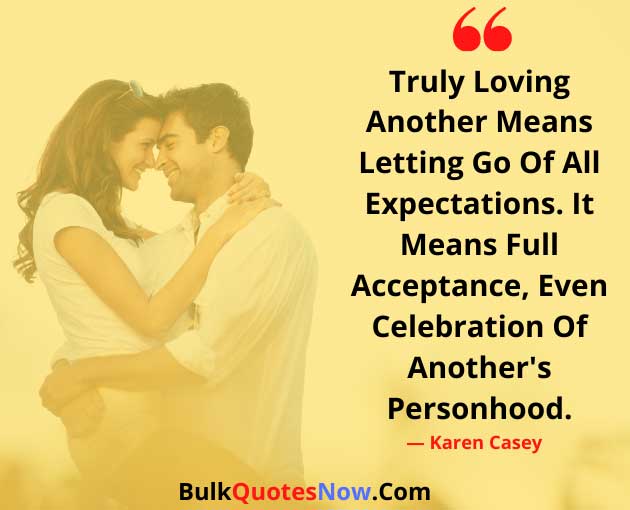

The virtue ethics movement in recent philosophical ethics can usefully be divided into two quite separate streams of thought. I also link what is misleading in the way talk of unconditional love frames an important aspect of love, to some other current thinking about love. I draw on Hegel’s “bad infinite” to help bring out the limitations of that description, and I suggest better ways of thinking about what it obscures. I suggest that this “what else” reflects something infinite or boundless in love that is only misleadingly described by talk of “unconditional” love.


I undertake to tease out what else about love such talk may be groping towards. But I think people have also meant, or (so to speak) have wanted to mean, something more than this in speaking of their love as unconditional. But is there any such thing as unconditional love? I argue that an idea of such love can and does play the role of a kind of ideal in the light of which (some) people can undertake to “love better”. The commonest context, and the one often thought to offer the best grip on the idea, is the love of parents for their children. Unconditional love gets mentioned quite often these days.


 0 kommentar(er)
0 kommentar(er)
